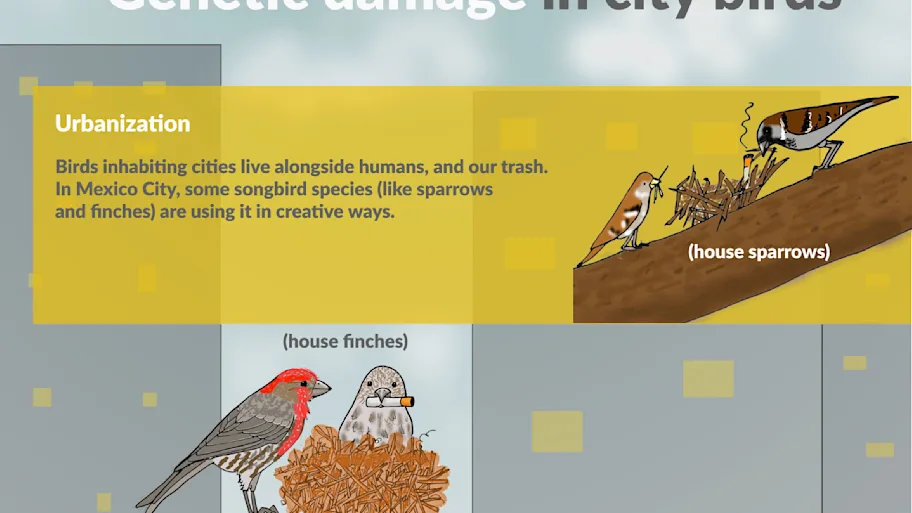
- Science News
- Life sciences
- Latest section “Urban Ecology” now open for submissions
Latest section “Urban Ecology” now open for submissions
Urban Ecology is a new specialty section available through the community-run open-access journals Frontiers in Ecology and Evolution.
“Urban ecology is highly interdisciplinary and there are very few journals that have the right scope for the most exciting new papers. Research in urban ecology can bring together disciplines as diverse as biology, physical science, engineering, social science, and urban planning and design. The new speciality section will be a great new venue for these papers.”
– Diane Pataki, Specialty Chief Editor, Frontiers in Ecology and Evolution – Urban Ecology
The Urban Ecology section invites submissions that advance our understanding of the structure, function, and dynamics of urban ecosystems from a diverse range of perspectives. Urban ecology is a broad ranging field that incorporates methods and perspectives from many disciplines to understand the complex components and processes of cities and settlements as well as interactions between human settlements and larger regions. We use the term “urban” broadly to refer to human settlements and their transitions over a range of scales and definitions, from local political and land use/land cover–based definitions to larger geographic boundaries and ecological footprints. Submissions related to biophysical as well as social processes in urban ecosystems are welcome, including studies of urban socioeconomic dynamics, urban environmental health, the ecology and evolution of organisms (plant, animal, and microbial), and urban human-environment and organism-environment interactions. Studies of urban complexity, systems dynamics, urban metabolism, life cycle analysis, urban planning, drivers of urbanization, and the performance of green infrastructure are welcome.
The aim of the section is to provide an open access forum for scientifically rigorous, peer-reviewed studies that incorporate either disciplinary or interdisciplinary approaches to understand urban ecosystems. Submissions that cut across traditional disciplinary boundaries are both welcomed and encouraged. We also encourage discussion of the translation of findings in urban ecology into practice through development and testing of solutions to urban environmental and social problems, and through innovative approaches to planning, building, and managing cities. The section provides a body of peer-reviewed literature that contributes to the design and maintenance of cities that enhance both human and environmental health and well-being in the 21st century.
Part of the “Frontiers in” journal series, Frontiers in Ecology and Evolution offers:
– Interactive and collaborative review to ensure quality, rigor, and fairness
– World-class editorial boards for all specialty sections.
– Open Access for maximum visibility and discoverability.
– Advanced article-level analytics and demographics to track reach and impact, including social media buzz.
– Fast publication, with an average of 84 days from submission to publication.
– Editors and reviewers disclosed on all published articles for maximum transparency.
– Commenting systems enabled on all articles to boost post-publication feedback.
The “Frontiers in” journal series, supported by over 160,000 leading researchers worldwide, has already published 25,000 peer-reviewed articles across 50 journals, which receive 6 million views per month.
For more information on the section and the Editorial Board, click here.
If you are interested in becoming part of our international editorial board, please contact ecologyandevolution.editorial.office@frontiersin.org. We look forward to hearing from you!
Journal Manager, Frontiers in Ecology and Evolution






